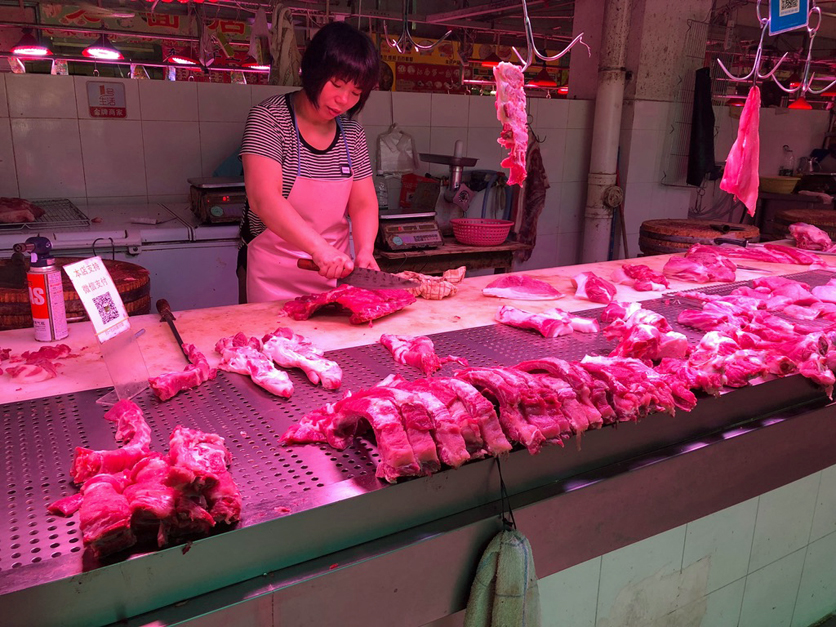Ahead of a pair of congressional hearings, farm groups and agribusiness interests appealed Tuesday to President Donald Trump to give the Chinese time to fulfill their promises to increase purchases of U.S. agricultural commodities and not pull the plug on the "phase one" agreement signed in January.
"As you know, the U.S.-China Phase One Trade Agreement is critical to both the near- and longer-term success and growth of American agriculture—and the millions of American jobs the agricultural sector sustains," more than 190 organizations and companies say in a 13-page letter to the White House that details the benefits and status of the agreement for various commodities.
“While the current pace of U.S. agricultural exports to China is below the pace needed to meet the Phase One goals, American farmers, ranchers, and rural communities remain optimistic that the purchases under this agreement will accelerate and be fulfilled by China, and that as a result, the American agriculture sector will enjoy important market opportunities.”
The letter goes on to say that ditching the agreement would hurt the already ailing farm sector, much of which is still reeling from losses due to the COVID-19 pandemic.
"Today, the world grain and oilseed market is experiencing the greatest oversupply of production since the 1980s, and the United States is facing increasing competition from foreign sources. The U.S.-China Phase One Trade Agreement will act as foundation for prosperity of the U.S. agriculture sector. At this especially challenging time, rural America needs one of its greatest potential export markets for food and agricultural products," the letter says.
U.S. Trade Representative Robert Lighthizer, who is scheduled to testify before the House Ways and Means Committee and Senate Finance Committee on Wednesday, continues to stress that China is coming through with the purchases that it promised and following through with several major reforms that are opening the country to U.S. beef, barley, blueberries and additional dairy products.
Skeptics continue to point to the fact that physical exports of U.S. soybean are lagging, but at the same time Chinese purchase contracts are exploding and importers are buying significant amounts of old and new crop soybeans from U.S. sellers.
The letter notes the soybean shipments: "There are indications of increased imports of U.S. soybeans by Chinese private companies, in addition to state-owned enterprises, which is a welcomed development away from state-managed trade."
Still, Trump continues to express deep frustrations with China’s handling of COVID-19, accusing Beijing of dishonesty and allowing the virus to spread to the U.S. and worldwide. Furthermore, China’s crackdown on freedom in Hong Kong has prompted further ire from Trump.
Interested in more coverage and insights? Receive a free month of Agri-Pulse or Agri-Pulse West by clicking here.
During the back-to-back hearings on Wednesday, Lighthizer is likely to point to beef, perhaps one of the biggest beneficiaries of the trade deal, that removed longstanding and outdated restrictions to guard against bovine spongiform encephalopathy. With cattle age restrictions removed, U.S. beef exports to China are poised to make a radical expansion.
“China is the largest importer of beef in the world, bringing in $8.35 billion in 2019 and imports were up 80 percent in the first four months of 2020. U.S. beef accounts for just a small share of the total but with the Phase 1 agreement, there is potential for U.S. beef exports to China to exceed $1.5 billion within the first two years of the agreement.”



